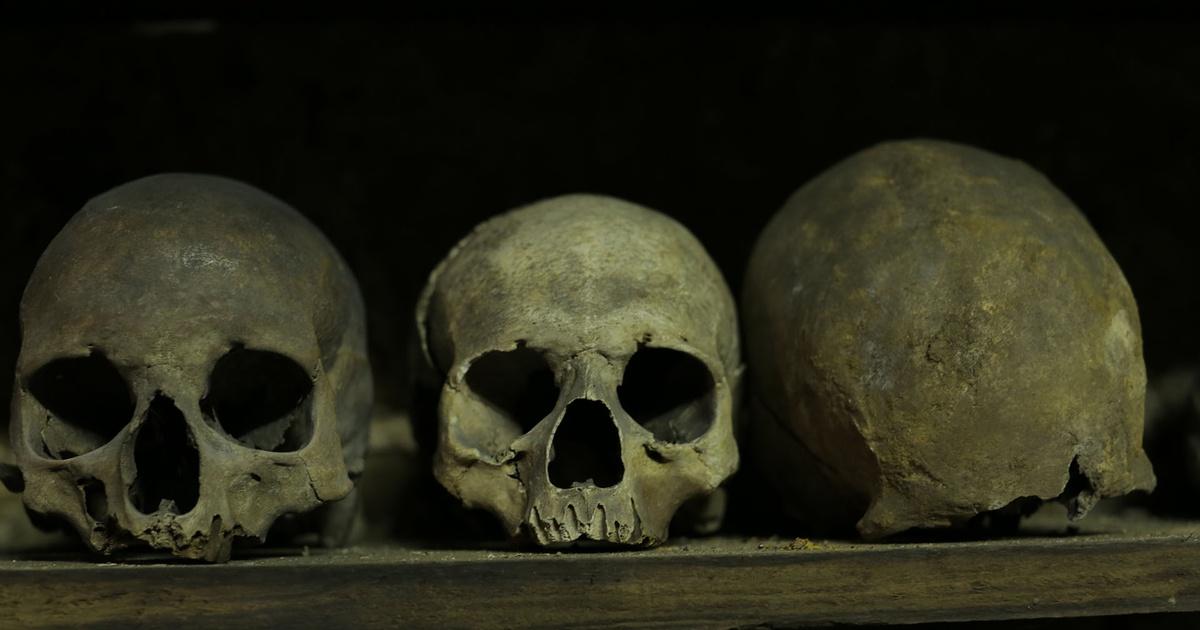Orville Ward Owen
Owen used some sort of word selection cipher on the Shakespeare plays and other works of that time to reveal that Bacon was the natural son of Queen Elizabeth.
Sir Francis Bacon's Cipher Story, Volume 1 (Detroit: Howard Publishing, 1893), link
by Orville Ward Owen
Sir Francis Bacon's Cipher Story, Volume 2 (Detroit: Howard Publishing, 1894), link
by Orville Ward Owen
Sir Francis Bacon's Cipher Story, Volume 3 (Detroit: Howard Publishing, 1894), link
by Orville Ward Owen
Sir Francis Bacon's Cipher Story, Volume 4 (Detroit: Howard Publishing, 1894), link
by Orville Ward Owen
Sir Francis Bacon's Cipher Story, Volume 5 (Detroit: Howard Publishing, 1895), link
by Orville Ward Owen
Owen's story prompted a review of rumors about Elizabeth.
Other Times and Other Seasons (New York: Harper and Brothesr, 1895), Pages 95-104
by Laurence Hutton
A Gammon of Bacon in Elizabeth's Reign
Owen used some sort of word selection cipher on the Shakespeare plays and other works of that time to reveal that Bacon was the natural son of Queen Elizabeth.
Sir Francis Bacon's Cipher Story, Volume 1 (Detroit: Howard Publishing, 1893), link
by Orville Ward Owen
Sir Francis Bacon's Cipher Story, Volume 2 (Detroit: Howard Publishing, 1894), link
by Orville Ward Owen
Sir Francis Bacon's Cipher Story, Volume 3 (Detroit: Howard Publishing, 1894), link
by Orville Ward Owen
Sir Francis Bacon's Cipher Story, Volume 4 (Detroit: Howard Publishing, 1894), link
by Orville Ward Owen
Sir Francis Bacon's Cipher Story, Volume 5 (Detroit: Howard Publishing, 1895), link
by Orville Ward Owen
Owen's story prompted a review of rumors about Elizabeth.
Other Times and Other Seasons (New York: Harper and Brothesr, 1895), Pages 95-104
by Laurence Hutton
A Gammon of Bacon in Elizabeth's Reign


Comment